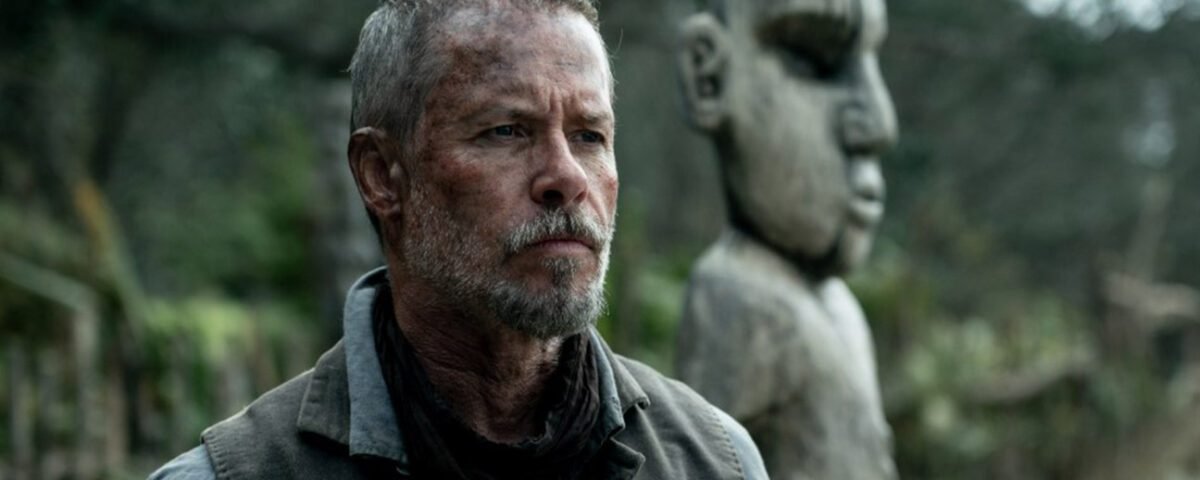‘Dandelion’ Review: KiKi Layne Strikes Resounding Chords in a Well-Observed Drama That’s Strongest When It Sings
July 12, 2024


‘Kalki 2898 AD’ Review: Telugu-Language Sci-Fi Epic Is Fitfully Entertaining Overkill
July 13, 2024A British preacher finds himself caught up in a violent conflict between two warring Maori tribes in Lee Tamahori’s second feature back in his native New Zealand after a long Hollywood hiatus.
The Convert
Better with the details than the big picture.
Working in his native country seems to enliven New Zealand-born director Lee Tamahori, whose best film remains his 1994 debut feature Once Were Warriors. His Hollywood career has been a mixed bag, including such clunkers as the Nicolas Cage starrer Next and the ill-fated xXx: State of the Union, not to mention Die Another Day, one of the most forgettable of recent James Bond films. Tamahori demonstrates something of a return to form with The Convert, a 19th century-set historical drama starring Guy Pearce, about an English minister who travels to New Zealand to preach at a British settlement only to get caught up in the violence between warring Maori tribes.
Set in 1830, the story begins with Pearce’s Munro traveling with British traders on a sailing ship through the Tasman Sea. Upon landing, Munro journeys to shore, first gently coaxing, and then riding through the water, his beloved white horse, a resonant image that instantly conjures up colonialist associations.
Munro soon encounters the racism with which the Brits treat the Indigenous population, exemplified by a doctor’s refusal even to look at Rangimai. Meanwhile, he finds himself increasingly caught up in tensions between the two tribes, ultimately leading to a ferocious battle in which he becomes a participant.
The chief problem with The Convert, a title that proves ironic at the conclusion, is that the screenplay by Tamahori and Shane Danielsen never probes deeply enough into the characters and situations to sustain our interest. It’s refreshing that Munro doesn’t enter into a romance with Rangimai, the young native woman he saved, as you might expect, but their growing bond doesn’t have the emotional heft it should. And when Munro and Charlotte wind up falling into bed together, it’s treated with all the casualness of a one-night stand.
Nor is Munro particularly interesting, with Pearce’s steadfastly recessive performance failing to let us into his character’s emotional depths, save for a scene late in the proceedings in which he delivers a tearful monologue relating the traumatic incident in his past that led him into the priesthood. It’s not that the actor is bad, exactly, but rather that the script fails to give him much to work with. Filling the void is Ngatai-Melbourne, whose Rangimai emerges as the heart and soul of the film.
Tamahori, no stranger to cinematic violence, stages the battle scenes for maximum visceral impact. And Gin Loane’s widescreen cinematography is consistently stunning, showing off the gorgeous natural scenery to its best advantage. But despite all its laudable elements, The Convert ultimately lacks the narrative depth to turn you into a believer.





